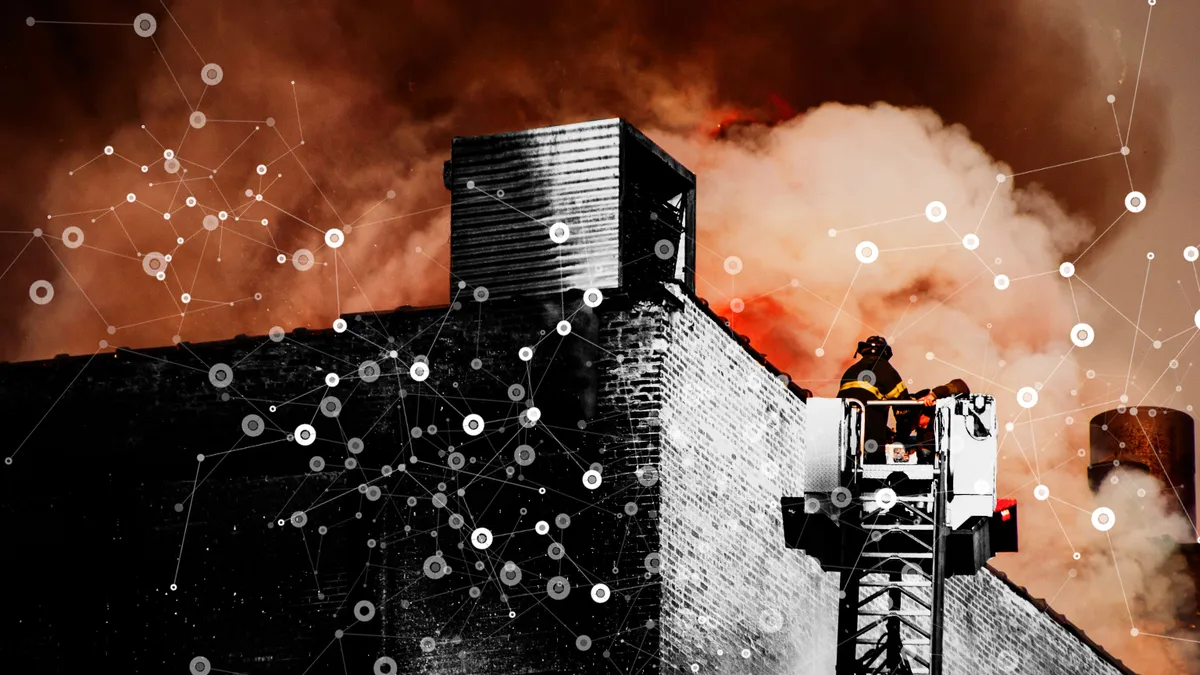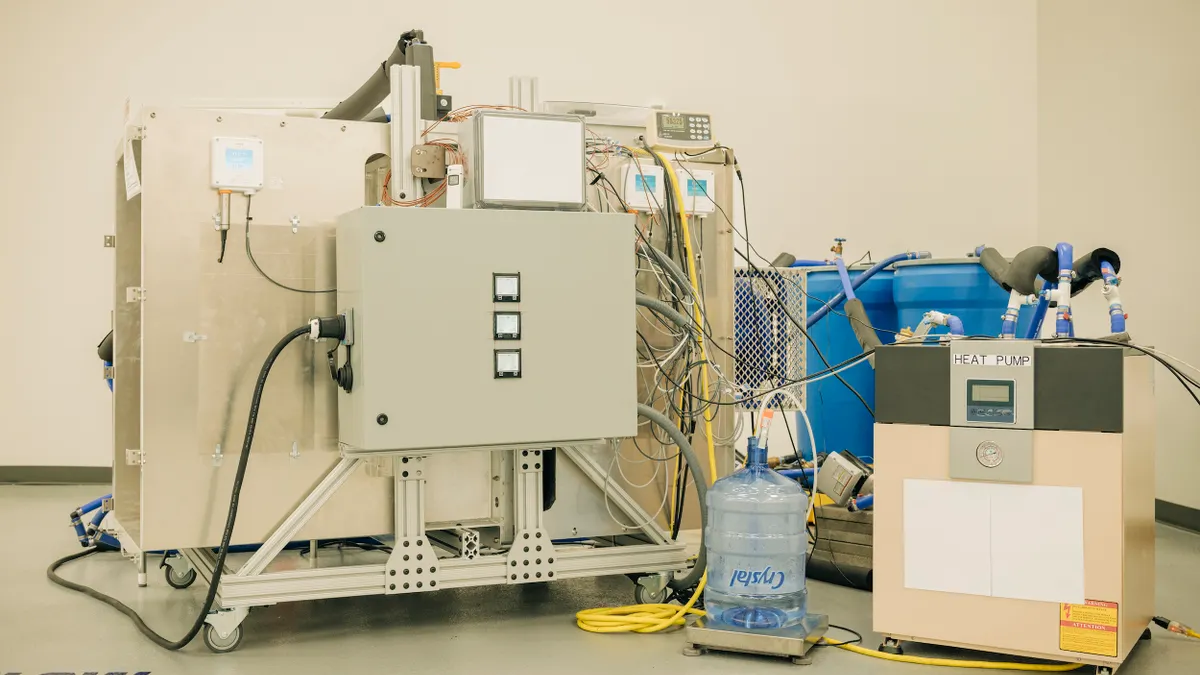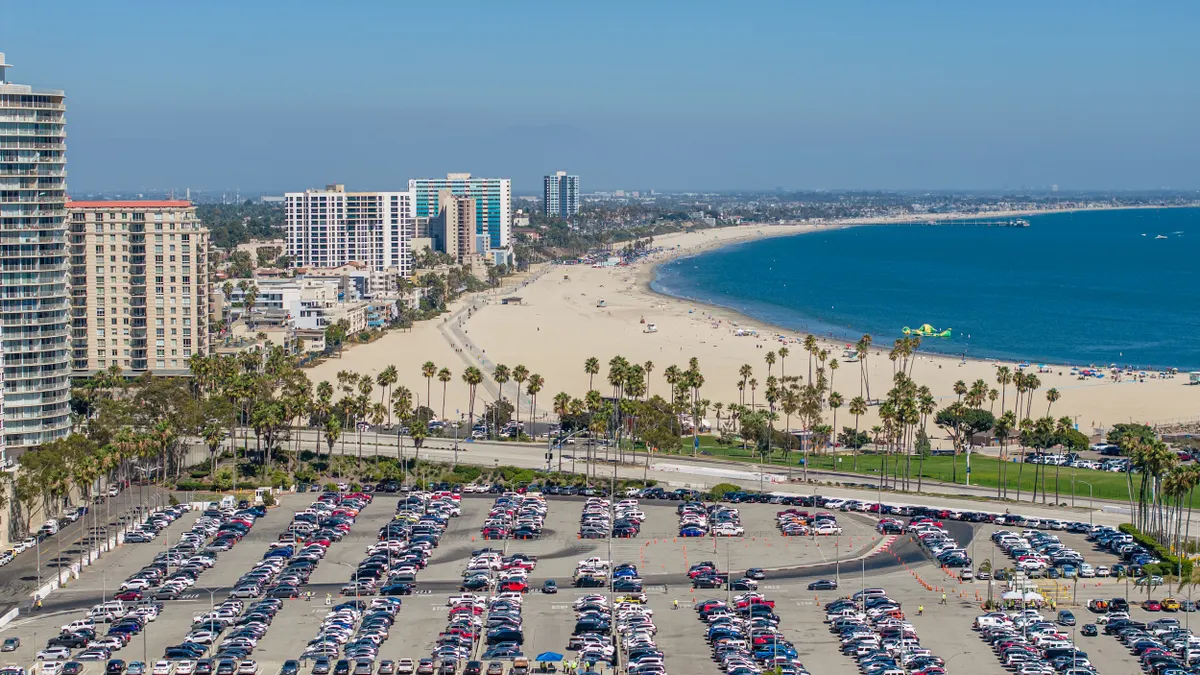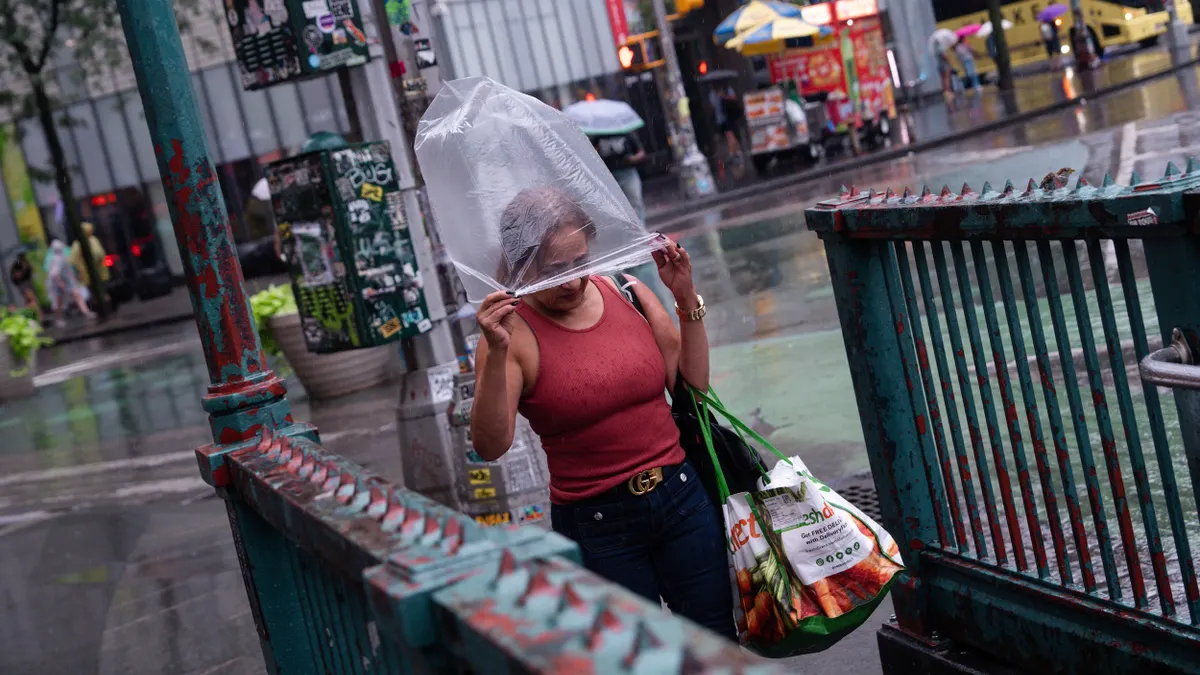It's been a particularly busy year for America’s public safety workers. In addition to handling typical local situations, many workers have assisted with high-profile problems in various parts of the country, including the record-breaking Gulf Coast hurricanes and the massive, deadly California wildfires.
High demand for first responders and mutual aid highlights how beneficial a dedicated nationwide communications network for public safety workers would be. It’s on its way in the form of FirstNet — the core of which will launch in March 2018 with full infrastructure completion by 2020 — and states have until Dec. 28 to decide if they will opt in or out of the service. AT&T won the federal contract, but states can also pass on FirstNet service and choose their own service provider, as New Hampshire became the first state to do last week.
What it is
FirstNet is an independent authority in the National Telecommunications and Information Administration, which is an agency within the U.S. Department of Commerce. It was established based in part on findings from 9/11, which showed that emergency responders could only communicate with their supervisors — not their peers — and vital, life-saving information was lost in the fray. Add to that the strain that communication networks experience from general public use, and the calls for a dedicated, nationwide public safety network led Congress to take action.
"There definitely is a need for some sort of hardened, dedicated network for first responders so we can implement this technology and start the transition from the old two-way radios into the more cellular-based technology," said Colorado Broadband Office Chief Operating Officer Brian Shepherd. "The availability and the resiliency of the network is what public safety needs."
In addition to benefiting from a dedicated broadband network during disasters, emergency services workers could use it when they're serving large gatherings of people — "manmade events" such as festivals or concerts — which Shepherd says are areas where "commercial networks tend to either get bogged down or fail."
FirstNet will operate on a portion of bandwidth that conventional AT&T customers also can use, but it will offer network priority and preemption to public safety workers. Those users reportedly will always get pushed to the front of the communications line — especially during emergencies — so they can connect and experience uninterrupted service; conventional customers might end up getting bumped or be unable to connect.
"The availability and the resiliency of the network is what public safety needs."

Brian Shepherd
Chief Operating Officer, Colorado Broadband Office
AT&T’s federal contract requires it to construct the radio access network (RAN) that states will use, and then operate FirstNet at no cost to states for the next 25 years. Any state that opts out of that service must find its own service provider to build the individual statewide network, which can be funded by federal grants. The plan must be submitted to and approved by the Federal Communications Commission to prove that it meets the requirement of being fully interoperable with FirstNet.
As of Dec. 13, 36 of the 56 eligible states and U.S. territories had opted in for FirstNet. Not responding with an active opt-in still equates to opting in. Although New Hampshire is the only state thus far to buck the trend and officially opt out, others also are heavily weighing not going along with the FirstNet pack. Some have requested proposals from vendors and, like New Hampshire, established review committees to explore other options.
Why opt out?
Colorado is one state known as a potential opt out, although it has not yet announced its decision. Just as New Hampshire did, Colorado has established a conditional contract award with Rivada Networks, which would be the state’s service provider if it does choose to opt out.
On the surface, it might appear easier to simply go along with the nationwide network instead of going through the rigamarole of building a separate, interoperable statewide network. But a number of states have concerns about the long-term FirstNet plan, and they largely boil down to two factors. "The operational level of control of the network and rural coverage are probably the two greatest concerns we’ve heard from our stakeholders," Shepherd said.
Just as in Colorado, stakeholders in New Hampshire voiced worries about whether AT&T’s nationwide network can guarantee reliable, consistent service for public safety workers in rural areas. Both states are mountainous, and even though southern New Hampshire often is considered an extension of the greater Boston area, the rest of the state is far more sparsely populated.
"Obviously, we have some pretty significant geographic challenges," Shepherd said of Colorado. "We’re a pretty dispersed state, and then we throw in the recreational issues." By that, he means that first responders have to search for and save outdoors enthusiasts — especially tourists who are less familiar with the terrain — when they become lost or injured on the mountains.
"Look at all the folks who come out here for skiing and hunting and hiking and climbing ... Usually those [activities] are in some pretty challenging areas," he said, emphasizing the need for a public safety communications network that operates to its full potential, even in difficult areas.
Another issue on the coverage front is some criticism of the idea of FirstNet being a "dedicated" network for public safety workers. In essence, it is not actually "dedicated" because AT&T can sell service to non-safety customers on that bandwidth. Even though the system promises safety worker priority and preemption at all times, some question how reliable that concept will turn out to be.
Besides coverage, states’ most frequently cited problem with FirstNet is the lack of local control. States that opt in for the service will basically have a standard carrier-customer relationship with AT&T, in which the provider calls the shots and the customer simply must agree to the conditions. But states that opt out and choose other network providers would be allowed some say in how their network is built out and operated. The service contract could be more catered to the needs of public service employees in that state.
For example, if Colorado decides to opt out and enter into a contract with Rivada, "we could have state requirements, we could have service-level agreements with them and have more input and control over the daily operations and… the performance standards," Shepherd said. Greater system control is also one of the main factors that New Hampshire Governor Chris Sununu cited for forgoing FirstNet in favor of Rivada.
States have had a relatively short time to come to conclusions about FirstNet. AT&T was awarded the contract in the spring, states received opt-out grant funding information during the last week of September and final decisions are due on Dec. 28. But ready or not, state leaders must determine which system best fits their needs in the next two weeks. Then it's a matter of waiting to see just how FirstNet will work when its core goes live in March.



















